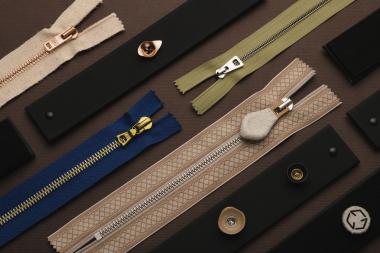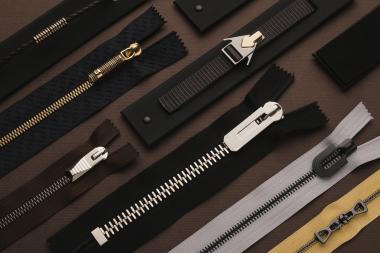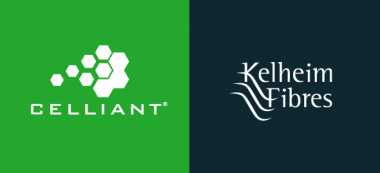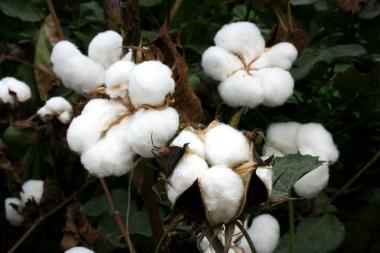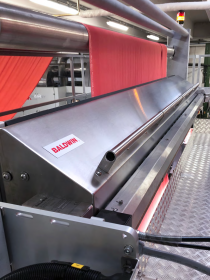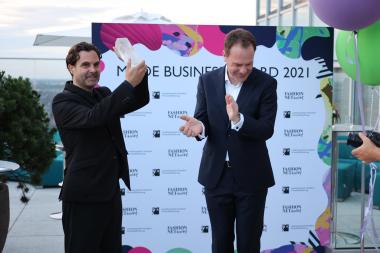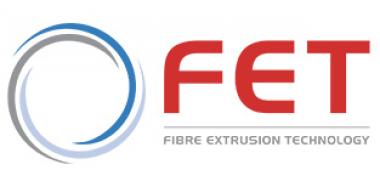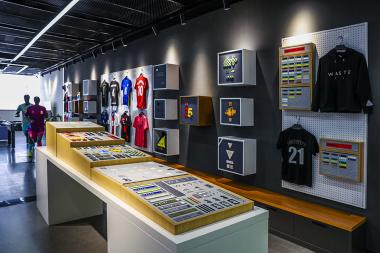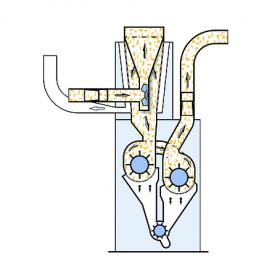Lectra announces the acquisition of Gemini CAD Systems
Lectra announces the signature of an agreement to acquire the entire capital and voting rights of the Romanian company Gemini CAD Systems. A major global player in the fashion, automotive, and furniture markets, Lectra designs and produces industrial intelligence solutions – software, hardware, data and services – for brands, manufacturers and retailers.
The acquisition is in line with Lectra’s strategy of developing its presence in the fashion market, enriching its value proposition and fashion software portfolio.
Founded in 2004, Gemini CAD Systems (Gemini) has developed several innovative software solutions, essentially Computer Aided Design (CAD), for small and medium-sized fashion companies. Thanks to its network of partners, Gemini is present in over 60 countries.
The transaction concerns the acquisition of 60% of Gemini right now for 7.6 million euros. The acquisition of the remaining capital and voting rights will take place in two steps, in September 2024 and September 2026. The total consideration for the acquisition of 100% of Gemini’s capital will depend on Gemini’s revenue growth, and should be comprised of between 13 and 20 million euros.
Industry 4.0, Lectra, Lectra Fashion PLM
Lectra








